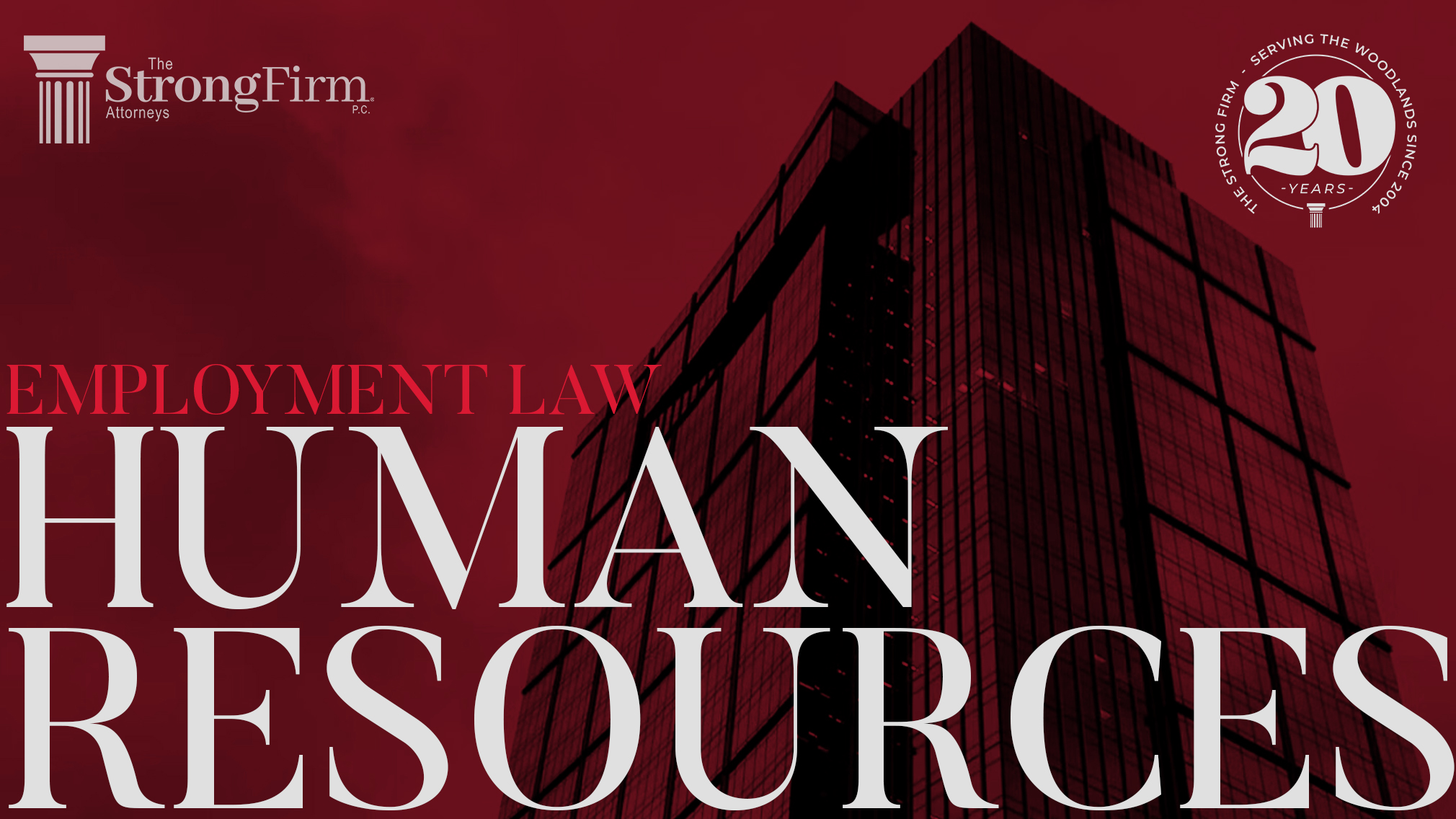In Part 3a of our series “The Components of a Business Purchase and Sale from the Buyer’s and Seller’s Perspective” we will discuss the advantages and potential disadvantages of a stock sale from the buyer’s perspective. In a stock sale (or in the event of a limited liability company, a membership interest sale (both called a “stock sale” for the purpose of this article), the seller’s ownership of the company (the “stock”) is what is sold to the seller as opposed to only the assets of the business.
With a stock sale, the buyer takes full ownership of the company, with the company still retaining all of its assets and liabilities. For better or worse, the buyer steps into the shoes of the seller and now owns the entire company and all the good (and bad) that comes along with it. The seller, on the other hand, is now relieved of his or her ownership of the company, with the company retaining all its assets and liabilities. As with any transaction, certain aspects of a stock sale can be negotiated and incorporated in to the sale where certain assets and even liabilities are transfer back to the seller at the closing or immediately before the closing. However, in the most basic of stock sales, the buyer simply replaces the seller as the owner of the company.
As a rule of thumb, stock sales are preferred by sellers while assets sales, as discussed in detail in our previous blogs, are preferred by buyer. Again, the old adage “What’s good for the goose, is good for the gander” is often not true when a stock sale is evaluated from a seller’s or a buyer’s perspective. A more true adage when it comes to the sale of a company is “What’s good for the buyer is bad for the seller”… and vice versa.
In addition to generally being relieved from the ownership of the company with the company retaining all of its debts and obligations, there are often tax advantages for a seller when a transaction is structured as a stock sale verse an asset sale. Assuming the company has operated beyond the required holding period for capital gains purposes, a stock sale should be taxed at the lower capital gains rate. The capital gain or loss for the sale is the difference between the seller’s basis in the stock sold and the sales price. Conversely, the buyer, recognizes no tax until the stock is resold, at which time, the buyer’s basis will be the amount of the purchase price for the stock.
From a closing perspective stock sales tend to be easier transactions as the only item changing ownership is the stock and all company assets, debts, ongoing obligations and contracts stay in possession of the company. In considering a stock sell, however, parties must both be cautious to ensure that there are no contracts to which the company is a party that requires consent from the other contract party if the ownership of the company changes, often called a “Change in Control” provision of a contract.
With any stock sale, buyers and sellers must carefully consider and effectively negotiate the terms and conditions that best serve them. The Strong Firm has assisted countless buyers and sellers alike to ensure that the stock purchase in which they are involved is structured in a manner that best protects them and their investment and we would be happy to assist you as well.




























